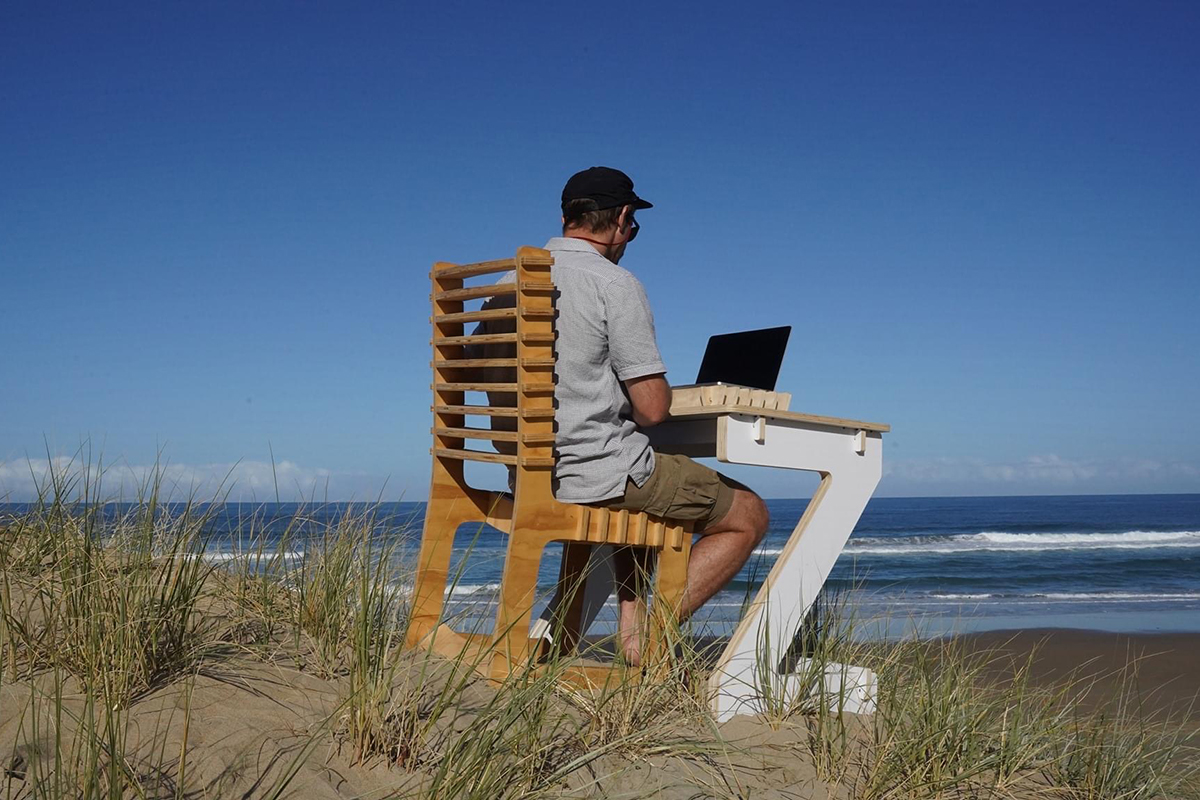I noticed something new the other day. Online job listings now have ‘work from home’ as the top suggested area to select, instead of Hawke’s Bay, or Christchurch for example. Now, working remotely is nothing new, but for me, ‘work from home’ as a preference has a different meaning, ever since lockdown anyway.
I was in crisis management mode during lockdown so it was nothing exciting, but it was certainly nice to have such a short commute to the office, just a few feet really, and if I wanted to start the day in my pyjamas, I could. For some, it was even better – no major workload, and no need to look busy if you weren’t. Washing went out and came in before the rain, and dinner was never late. No one can deny, it opened everyone’s eyes to what’s possible.
Here is where things get tricky. We just recently went through a recruitment process for an office-based job, and while we’ve found an excellent candidate, they weren’t all lining up at the door. What I would love to know, is how many applicants the ‘work from home’ jobs get. Is this changing the game? Why would anyone choose to go outside on a cold rainy morning if they could stay at home, pop the jug on, and open their laptop?
I’m wondering whether we’re going to see a rapid increase in ‘home-fying’ jobs, so we can fill positions.
It’s a jobseeker’s market, I saw that stated in an article yesterday, and I’m inclined to agree. Does this mean that to fill the position, we must change the parameters? Or perhaps its more about moving to a productivity model, instead of time-based. I’ve always been a fan of the ‘get the job done’ rather than ‘sit at your desk from 8-5’ model, but that’s a difficult culture to unravel. That’s why people think millennials don’t like working hard…
It’s not true, we just do the job quickly and have trouble pretending to look busy!
Obviously, there are different horses for different courses, but people’s appetite for a desk-bound job is waning. Flexibility is king, and productivity is not always highest when we want it to be. So, are we better to sit at our desk pretending to work, or should we be at home doing the washing and then working at 8pm when it’s quiet and no one is there to distract us?
It’s hard for me as an employer because I’ve seen both sides. Some people thrive off flexibility, and some need structure, as much as they might disagree. The issue is that working remotely needs good management, and even better communication. If you’re looking at moving to a productivity model, that’s fine, but what’s your measure?
There will, however, be some jobs that can never be done from home. Like nurses, bus drivers, chefs, baristas, or supervisors. These are the jobs we’re really struggling to fill. How do we make these jobs worthy of leaving the house? Especially when no one is prepared to pay more for a coffee, or for a bus fare…
Perhaps there’s no need if no one is leaving the house.


Check out the agenda and speakers for :
https://www.globalskillsday.com/
My daughter works from home – her job is a senior one in the public service – and I have wondered how secure home IT is and whether this would enable hackers and malware crooks to be able to target a major organisation through a weak link such as a home computer. Now that the IRD HQ is earthquake prone and all staff are working from home for an organisation that is almost completely computerised, I hope that steps have been taken to ensure IT security.